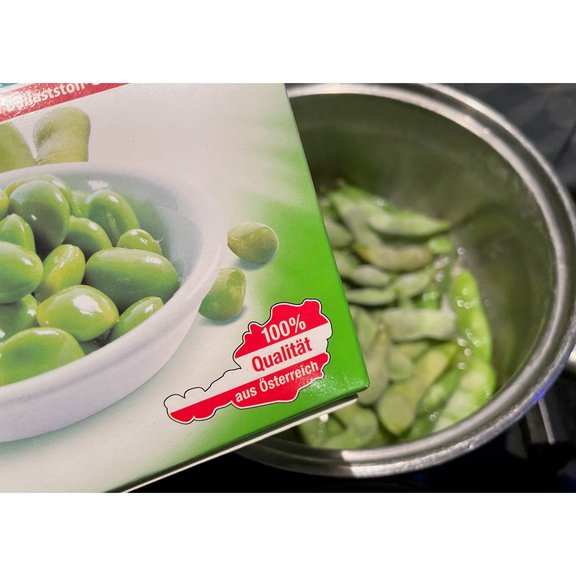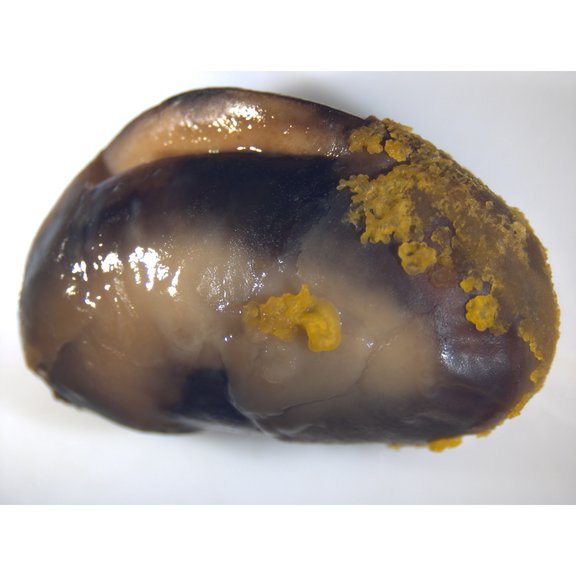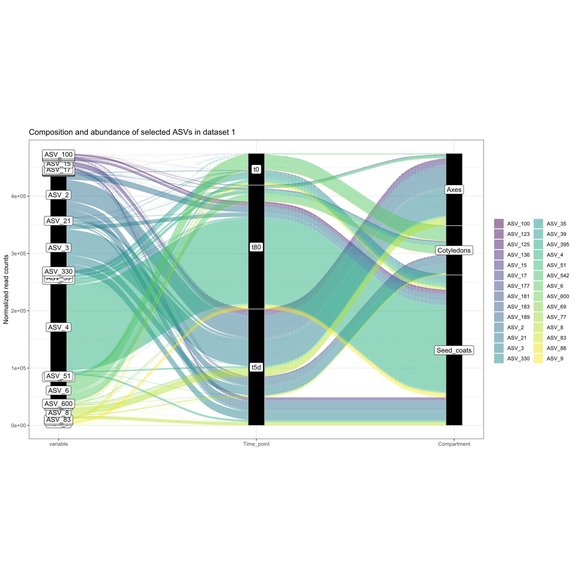Project
The role of seed microbiota in germination
Project leader: Thomas Roach
Project members: Davide Gerna, Erwann Arc, Ilse Kranner, David Clara, Livio Antonielli and Birgit Mitter
Funding: FWF - Austrian Science Fund
Duration: 2019-2022
Microorganisms contribute to plant growth and a plant’s seed offers the possibility to design a plant that starts with an optimized microbial community. However, currently we do not have sufficient knowledge of how to achieve this, or even how the microbial community contributes to seed germination. The plant microbial community includes bacterial endophytes that live within plants, including seeds. To understand more about seed-microbe interactions, an emerging and poorly explored research topic, a collaboration between seed physiologists from the University or Innsbruck and molecular microbiologists from the Austrian Institute of Technology has been established to test the following hypotheses:
1) Metabolic changes in the seed during germination, rather than re-hydration alone, activate proliferation of bacterial endophytes;
2) Seed microbiota contribute to seed vigour and seedling establishment;
3) The diversity of the seed microbiome becomes imbalanced during seed ageing, increasing seedling infection, which can be ameliorated by inoculation with endophytes antagonistic to pathogens;
4) Cultivar-dependent effects of germination-promoting microbiota are due to a lack in representation of functional endophytes in the natural seed microbial community.
To test these hypotheses we will use soybean (Glycine max L.) because of its economic importance, the available literature, sequenced genome and our own research experience. Community profiling of the microbiota will be conducted by identification of their DNA in seed extracts. The influence of seed endophytes on seed germination will be studied after removal of the pre-existing seed microbial community and re-inoculation of seeds. The influence of altering the microbial community in terms of seed vigour will be tested under a range of environmental conditions. Furthermore, germination-influencing endophytes will be visually tagged with fluorescent proteins to allow their detection with microscopy at the seed tissue and cellular level. The changes in seed metabolites during germination and in response to ageing will be monitored by gas or liquid chromatographic techniques coupled to mass spectrometry (i.e., GC-MS and LC-MS, respectively). Overall, we hope to comprehend which specific endophytes proliferate in seeds, which metabolites they are responding too, how they affect seed germination, compete alongside soil-borne microbes and how these endophytes are affected during seed ageing. New knowledge on beneficial plant-microbe interactions may be applied to enhance agricultural productivity.

Austrian-grown soybean

Soybean seed infected with mould

Microbiome analysis of soybean during germination
Outcomes
- Gerna D, Roach T, Mitter B, Stöggl W, Kranner I (2019) Hydrogen Peroxide Metabolism in Interkingdom Interaction Between Bacteria and Wheat Seeds and Seedlings. Molecular Plant-Microbe Interactions https://doi.org/10.1094/MPMI-09-19-0248-R
